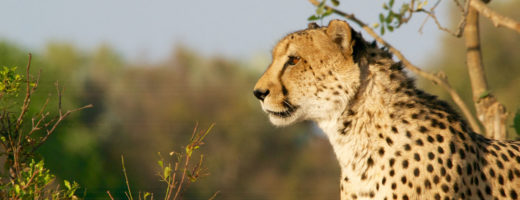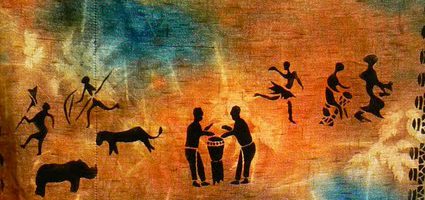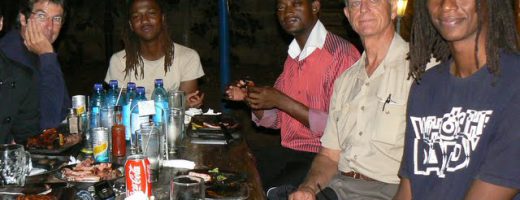Botswana is both modern urban and simple rural, rich and poor, prosperous and challenged with both an anti-gay law and a playful gay community that breathes freely. The progressive gay organization LeGaBiBo is leading the way to a better future.
Formerly the British protectorate of Bechuanaland, Botswana adopted its new name after becoming independent within the Commonwealth on 30 September 1966. The economy, closely tied to South Africa’s, and one of the most successful in Africa, is dominated by the fast-growing service sector, world-renowned mining (especially diamonds) industry, tourism, and manufacturing. On June 11, 2019 Botswana’s High Court announced that gay sex was no longer illegal.

Botswana Okavango Delta
Botswana Okavango Delta The Okavango Delta (or Okavango Swamp), in Botswana, is the world’s largest inland delta. It is formed where the Okavango River empties onto a swamp in an endorheic basin in the Kalahari Desert, where most of the water is lost to evaporation and transpiration instead of draining into the sea. Each year
Botswana Capital City of Gaborone
Botswana Capital City of Gaborone Gaborone is the capital and largest city of Botswana with a population of 195,000, about ten percent of the total population. (Botswana is a mostly rural country with only six cities.) Because the Gaborone had no major tribal affiliation, in ‘neutral territory,’ and was close to the fresh water in
From Botswana’s Okavango Delta to Gaborone
From wild animals to city streets, the two day drive from the Okavango Delta east to Francistown (2nd largest city) then south to the capital of Gaborone is a contrast in landscape, habitat and roadside attractions. It’s a long drive filled with a variety of animal and plant life in swamps, grass veld on and



